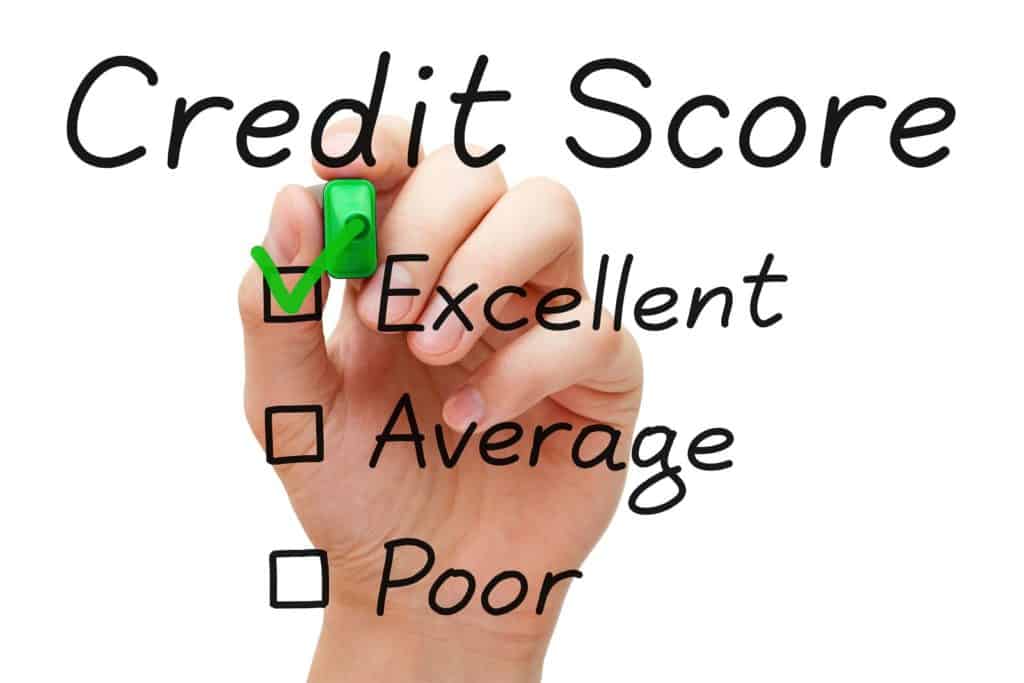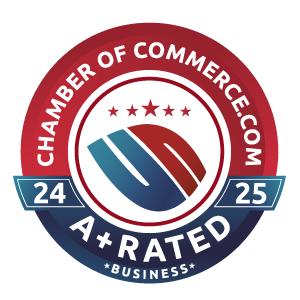You should always make sure there are no errors in your credit report. Unfortunately, you may find errors or negative items on your credit report now and then, but you can go through the credit dispute process to get them removed. If you have negative items or errors on your report, here are some of the credit dispute forms you can use to dispute them.
What is a Credit Report?
In its simplest terms, a credit report contains relevant information about the credit of a consumer. A general report includes information regarding a consumer’s open credit accounts as well as the balance, limit, age, and payment history of each account. Personal information, such as the consumer’s name, address, and social security number is also present on the report.
The information and data on a credit report are highly important. It helps banks and other types of lenders decide if they want to extend credit to a consumer. It also helps them determine how much credit they should extend and the terms of the loan.
Each consumer is assigned a specific number on their credit report, which is known as a credit score. The higher a person’s score is, the more creditworthy they will be considered by banks and other lenders. The lower a person’s score, the less creditworthy they will be considered.
Indirect Disputes
Information regarding your credit is obtained from lenders and companies you have open accounts with. This information is given to credit bureaus. The companies and organizations that supply this information are known as data furnishers, and they include:
- Credit card issuers
- Debt collectors
- Banks and credit unions
- Financial services companies
If you prefer to dispute an error with a credit reporting agency as opposed to the actual data furnisher, you will need to file an indirect credit score dispute. The term “indirect” is based on the fact that you aren’t appealing directly to the data furnisher.
You will need to file a form known as the Automated Consumer Dispute Verification (ACDV) form or its paper equivalent, the Consumer Dispute Verification (CDV) form if you want to file an indirect credit dispute. The credit reporting agency will compile an ACDV once you initiate the dispute, which will contain detailed information about the dispute.
The ACDV form will then be sent to the data furnisher using a unique communication system known as e-OSCAR. The data furnisher will investigate the dispute, and once it arrives at a decision, it will send the ACDV form back to the reporting agency. Once this is done, the agency will review the dispute information from the furnisher and make applicable changes to the credit report. The dispute results will be sent to the consumer later on.
Direct Disputes
If you intend to file a direct dispute, you will need to submit different credit score dispute forms. If you want to directly dispute an item, you will need to do so with the credit furnisher as opposed to the reporting agency. Since a direct dispute does not involve the credit reporting agencies, there is no need to reach out to them.
You must complete the Automated Universal Dataform (AUD) or the Universal Dataform (UDF) to directly dispute an item on your credit report. If the credit furnisher chooses to remove an item from your report, it will complete and send back the Automated Universal Dataform (AUD).
When the dispute is resolved, the AUD will be sent using e-OSCAR to all three of the credit reporting bureaus. Sending the resolution to all three bureaus is required by law.
The Importance of Checking Your Credit Report Before Filing a Dispute
There are many reasons you may want to dispute an item on your credit report, but you must know they exist first. You can find out about errors on your credit report by checking your report regularly. This is a good idea because:
- Errors on your credit report can prevent you from purchasing a house or car, getting a job, or even obtaining insurance.
- Errors can prevent you from getting a loan. If you are offered a loan, they can impact the terms and length.
- Numerous errors on a credit report can be a clear sign of identity theft. If you notice numerous items you are not responsible for, you should dispute them immediately. Identity theft occurs when a person uses your credit lines without your permission. To do this, they usually need access to your social security number.
You can obtain a copy of your credit report once a year from the credit reporting bureaus.
Reach Out to Coast Tradelines
If there are errors or negative items on your credit report, you do have the right to dispute them with the credit furnisher or reporting agency. Disputing an error can be a lengthy process, but in the end, it is usually worth it. Reach out to Coast Tradelines today to learn more about the credit dispute process and how it can benefit you.




